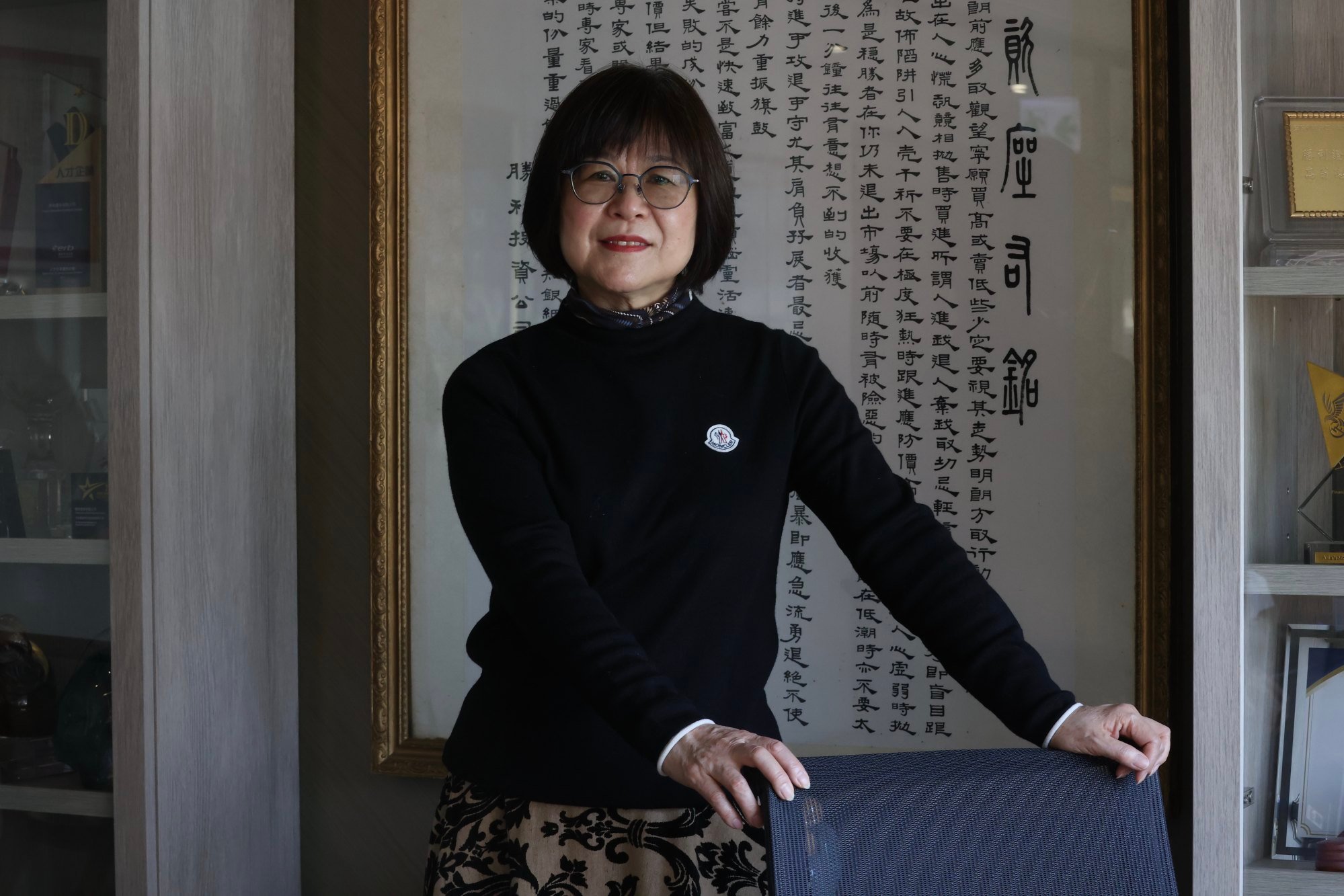
07 Mar Wealthy clients turn to HSBC, Manulife, Bank of China amid heightened interest in Hong Kong’s cash-for-residency scheme
The scheme has garnered considerable interest, with the department receiving applications on the first day, said Alpha Lau, the director general of InvestHK, who did not reveal the exact number.

“It shows that high-net-worth individuals … are interested in the diverse investment channels the city has to offer and wish to settle in Hong Kong with their families.”
CIES, commonly known as the investment migration programme, allows wealthy individuals and their families to gain fast track residency for investments of at least HK$30 million (US$3.8 million) in Hong Kong-listed stocks, bonds, deposits, funds, investment-linked insurance policies or non-residential properties.
Hong Kong’s revamped cash-for-residency scheme to pit it against Singapore
Hong Kong’s revamped cash-for-residency scheme to pit it against Singapore
The city’s three note-issuing banks – HSBC, Standard Chartered and BOCHK – allow CIES applicants to utilise qualified asset classes and mortgage loans to buy non-residential property.
Under the scheme, the applicants need to sign up with one or more financial firms to undertake the investment. Once they fulfil the investment requirements, the firms will help them with submissions to the authorities for verification and the granting of the right to stay in the city.
These investors will need to hold the assets for seven years until they get permanent residency.
“The new CIES will reinforce Hong Kong’s position as a leading international wealth-management hub by attracting high-net-worth individuals to the city,” said Sami Abouzahr, head of investments and wealth solutions at HSBC Hong Kong.
“We have already been receiving enquiries and are looking forward to supporting applicants with a complete, integrated transactional banking and wealth management service.”
Hong Kong introduced the first CIES after the Sars (severe acute respiratory syndrome) outbreak in 2003, but terminated it in 2015 because of speculation in the property market. The revamped scheme excludes residential real estate.
The previous scheme attracted about 4,000 applicants a year, Joseph Chan Ho-lim, Undersecretary for Financial Services and the Treasury, said in January. The current scheme’s threshold of HK$30 million is triple that of the previous one.
Should the new scheme attract a similar number of applicants, the city could see some HK$120 billion of inflows a year.
“The new CIES will attract more talent and capital to Hong Kong, and strengthen Hong Kong’s status as a wealth management centre,” said Sally Liu, deputy general manager of the personal banking and wealth management department at BOCHK.
Hong Kong’s phalanx of 600 stock brokers too are keen to get a slice of the action.

The brokers are trying their best to capture CIES clients and sell them stocks, bonds and funds, according to Katerine Kou, chairwoman of the Hong Kong Securities Association, an industry guild.
“Due to the prevailing market uncertainties, wealthy clients could be more interested in investing in low-risk products such as bonds, money market funds and big-cap stocks,” Kou said.
Everbright has more than 150 CIES-eligible funds and nearly 100 bonds for cash-for-residency investors to choose from, according to a spokeswoman.
She said the firm has received many inquiries from mainland China and Southeast Asia about the products and procedures related to the CIES.
Hong Kong’s star shines as Greater Bay Area’s rich tap tax breaks, incentives
Hong Kong’s star shines as Greater Bay Area’s rich tap tax breaks, incentives
KGI Asia, another brokerage, said it too has received a substantial number of inquiries over the past few days.
“KGI Asia expects high-net-worth Chinese nationals who have obtained permanent residency status in a foreign country would be interested in this scheme,” a spokeswoman said.
“Compared with the previous scheme, we anticipate a stronger response despite the increased investment eligibility.”
The insurance sector also welcomed the CIES. Investment-linked insurance products, which are a combination of insurance policies and investment funds, qualify for the CIES.
“With diversified investment choices, this offers potential applicants investment opportunities to help attract them to settle in the city,” said Patrick Graham, CEO of Manulife Hong Kong and Macau.
The Canadian firm was the biggest seller of investment-linked products in the first three quarters of last year, according to the Insurance Authority.
